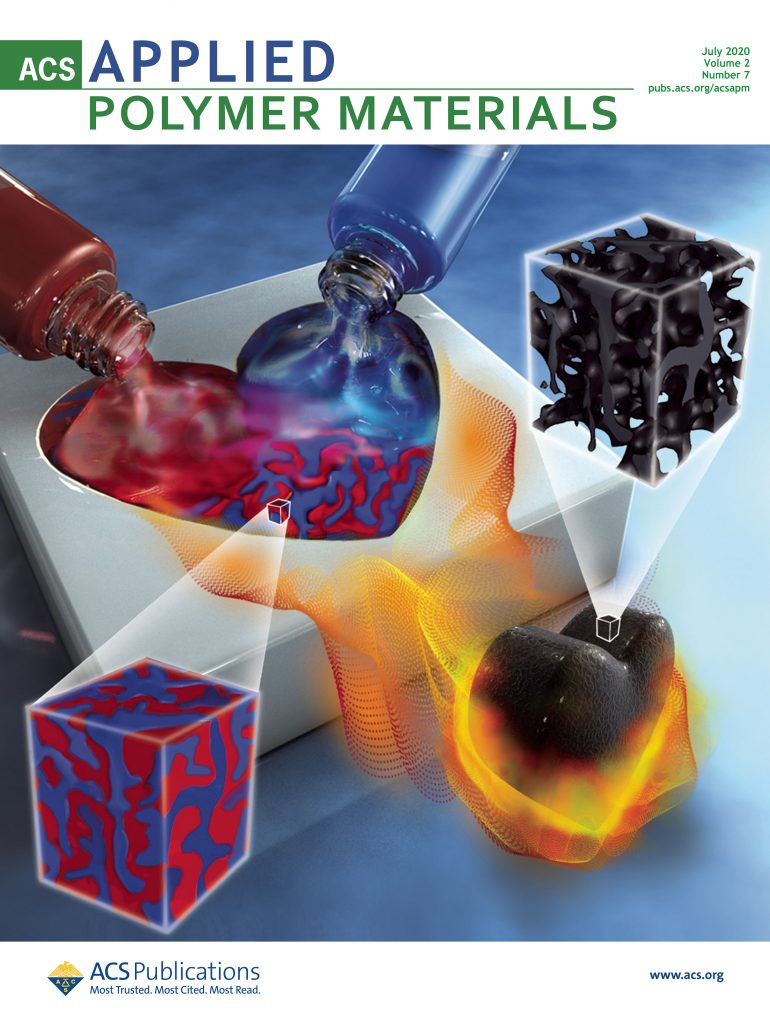用于可变渲染的条件混合路径引导
IF 4.4
2区 化学
Q2 MATERIALS SCIENCE, MULTIDISCIPLINARY
引用次数: 0
摘要
在基于物理的可微分渲染中,逆优化的效率在很大程度上取决于蒙特卡罗估计的方差。尽管最近的研究强调了量身定制的微分采样策略的必要性,但一般方法仍有待探索。在本文中,我们研究了局部采样决策与光路导数估计之间的相互作用。考虑到现代可微分渲染算法在估算微分辐射度和普通辐射度时采用相同的路径,我们证明了仅以最后一个顶点为条件的传统引导方法无法达到这一密度。相反,我们需要不同采样分布的混合物,其中的权重取决于路径中先前采样的所有顶点。为了体现我们的理论,我们实现了一种条件混合路径引导法,它能明确地即时计算出最优权重。此外,我们还展示了如何进行正向化以消除符号方差,并扩展到具有数百万个参数的场景。据我们所知,这是第一个将路径引导应用于可微分渲染的通用框架。广泛的实验证明,与最先进的方法相比,我们的方法在梯度估计和逆优化误差的方差缩小方面实现了近一个数量级的改进。我们提出的方法的实现可以在 https://github.com/mollnn/conditional-mixture 上获得。本文章由计算机程序翻译,如有差异,请以英文原文为准。
Conditional Mixture Path Guiding for Differentiable Rendering
The efficiency of inverse optimization in physically based differentiable rendering heavily depends on the variance of Monte Carlo estimation. Despite recent advancements emphasizing the necessity of tailored differential sampling strategies, the general approaches remain unexplored.
In this paper, we investigate the interplay between local sampling decisions and the estimation of light path derivatives. Considering that modern differentiable rendering algorithms share the same path for estimating differential radiance and ordinary radiance, we demonstrate that conventional guiding approaches, conditioned solely on the last vertex, cannot attain this density. Instead, a mixture of different sampling distributions is required, where the weights are conditioned on all the previously sampled vertices in the path. To embody our theory, we implement a conditional mixture path guiding that explicitly computes optimal weights on the fly. Furthermore, we show how to perform positivization to eliminate sign variance and extend to scenes with millions of parameters.
To the best of our knowledge, this is the first generic framework for applying path guiding to differentiable rendering. Extensive experiments demonstrate that our method achieves nearly one order of magnitude improvements over state-of-the-art methods in terms of variance reduction in gradient estimation and errors of inverse optimization. The implementation of our proposed method is available at https://github.com/mollnn/conditional-mixture.
求助全文
通过发布文献求助,成功后即可免费获取论文全文。
去求助
来源期刊

ACS Applied Polymer Materials
Multiple-
CiteScore
7.20
自引率
6.00%
发文量
810
期刊介绍:
ACS Applied Polymer Materials is an interdisciplinary journal publishing original research covering all aspects of engineering, chemistry, physics, and biology relevant to applications of polymers.
The journal is devoted to reports of new and original experimental and theoretical research of an applied nature that integrates fundamental knowledge in the areas of materials, engineering, physics, bioscience, polymer science and chemistry into important polymer applications. The journal is specifically interested in work that addresses relationships among structure, processing, morphology, chemistry, properties, and function as well as work that provide insights into mechanisms critical to the performance of the polymer for applications.
 求助内容:
求助内容: 应助结果提醒方式:
应助结果提醒方式:


